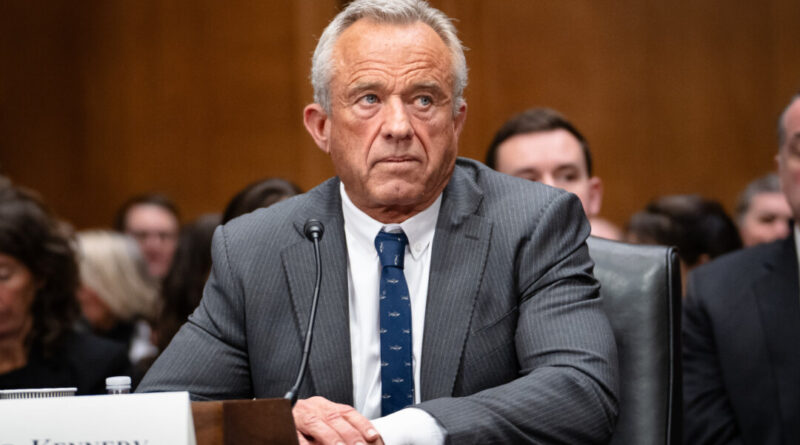16 States Take Legal Action Against Trump Administration Over Suspension of NIH Grant Funding
The lawsuit alleges that the actions taken by the Trump administration include canceling essential peer review meetings and delaying final decisions on grant applications.
The complaint, filed in the U.S. District Court for the District of Massachusetts, claims that since January, the administration has unjustifiably delayed the review process for NIH grant applications and abruptly canceled hundreds of previously awarded grants. The coalition contends that these actions breach federal law and the constitutional boundaries of executive authority.
“I will not permit the Trump administration to engage in unlawful actions that jeopardize our public health.”
Attorneys general from Arizona, California, Colorado, Delaware, Hawaii, Maryland, Minnesota, Nevada, New Jersey, New Mexico, New York, Oregon, Rhode Island, Washington, and Wisconsin joined in the lawsuit.
The defendants include the U.S. Department of Health and Human Services (HHS), Health Secretary Robert F. Kennedy, Jr., NIH, and other affiliated entities.
A spokesperson for HHS stated to The Epoch Times that the agency refrains from commenting on ongoing litigation, and an official response in court has not yet been made.
The states assert that actions taken by the Trump administration include canceling essential peer review meetings and delaying final decisions on applications that had already been approved by NIH advisory entities.
Some grant terminations were allegedly defended by letters noting that the grant did not align with “agency priorities,” frequently tied to research concerning diversity or vaccines.
University of Massachusetts President Marty Meehan, whose institution received $285 million from NIH last year, cautioned about severe repercussions if the situation continues.
“Research universities are crucial for the economic competitiveness of our state and our nation,” Meehan explained. “The potential for losing millions in federal funding could negatively impact the university and our students, faculty, and staff, diminish the Commonwealth’s competitive advantage, and hinder progress in medical treatments and cures.”
The lawsuit claims that over 350 grant applications from the University of Massachusetts are currently unresolved, representing approximately $848 million in potential funding.
In one instance, the plaintiffs assert that a study focused on a gene linked to Alzheimer’s disease was delayed because of an unscheduled NIH review meeting.
This uncertainty has also led the University of Massachusetts Amherst to cut back on doctoral program admissions for the fall of 2025, revoking financial offers to hundreds of prospective students, according to officials.
The states argue that the administration is not only delaying the grant process but is also unlawfully reclaiming awarded funds based on changing and unclear priorities.
The complaint refers to the Administrative Procedure Act and the principle of separation of powers in the constitution, contending that the executive branch cannot supersede Congress’s authority over appropriations.
Historically, NIH funding has supported significant medical advancements, from the rubella vaccine to improvements in HIV treatment and the discovery of genetic links to cancer, as highlighted in the lawsuit.
According to the complaint, nearly all drugs approved by the Food and Drug Administration from 2010 to 2019 were linked to NIH-supported research.
“NIH is the largest public funder of medical research worldwide,” the lawsuit emphasizes.
The coalition is requesting that the court direct NIH to restart its review process and prevent further terminations of grants.




